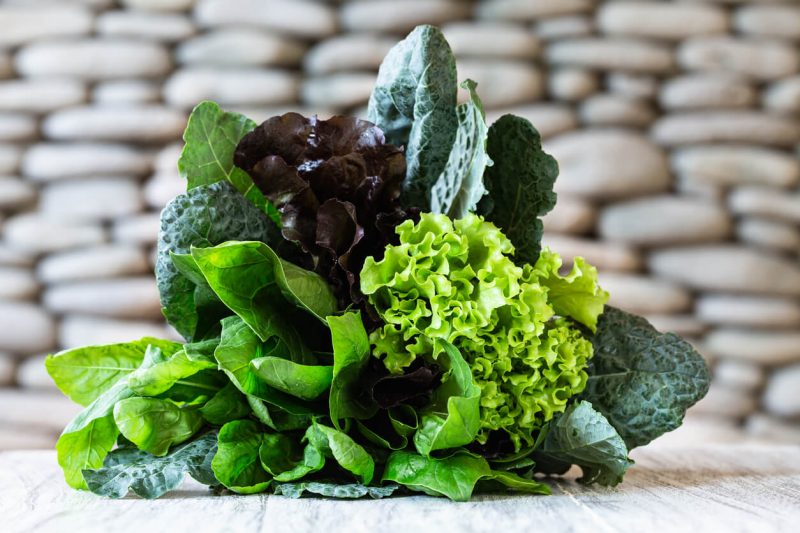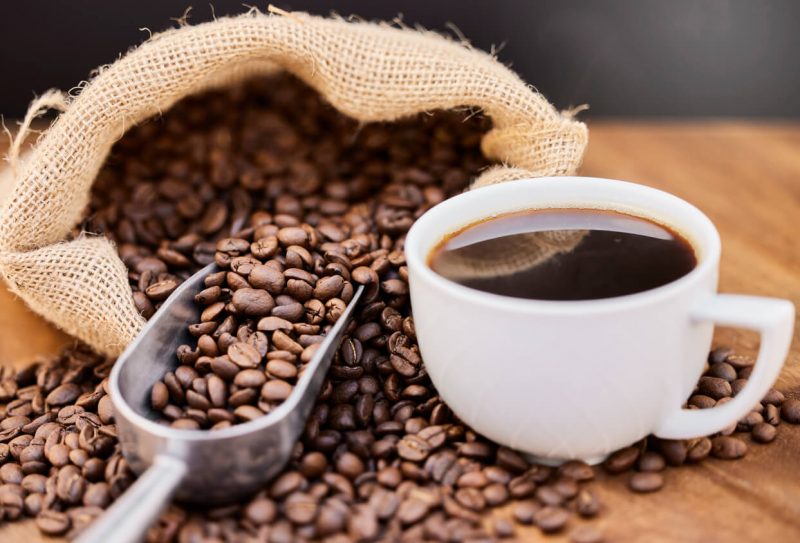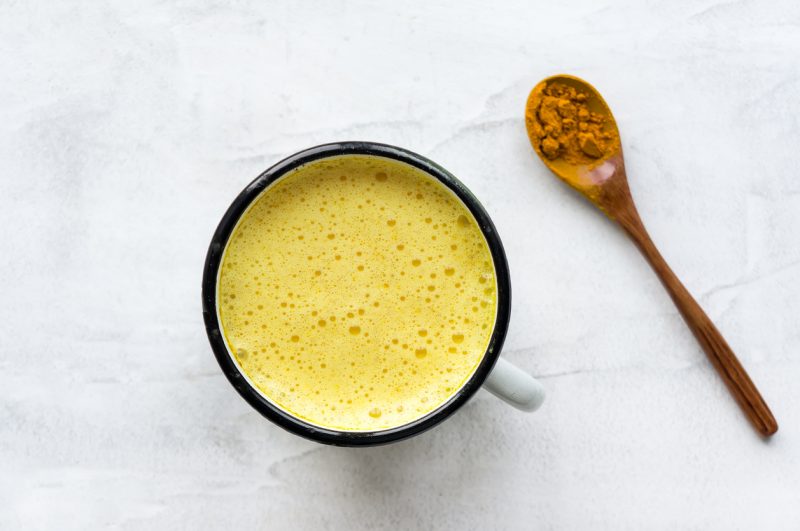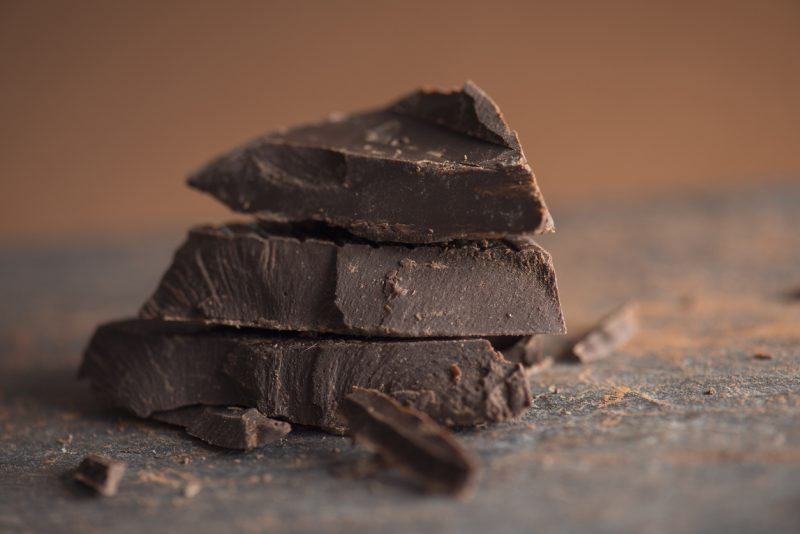Cognitive decline is something that many of us will experience as we age. While there is no magic cure for normal age-related memory changes or diseases like dementia and Alzheimer’s Disease, there may be some habits that can help support memory function as we age. Research suggests¹ that when it comes to improved cognitive function as we age, the lifestyle choices we make do matter.
Are you or a loved one noticing memory loss? Contact our caring professionals to learn how we can help.
How To Improve Concentration and Memory With Brain-Boosting Food
As we age, the goal should be to stay alert and mentally sharp for as long as possible. It’s much easier to retain your memory and concentration than get it back once it’s lost.
Following a healthy diet is one way to help keep your brain healthy.
Many different foods are considered essential brain food. When consumed regularly, they can improve brain function and reduce the risk2 of heart disease, high blood pressure, osteoporosis, and more. There is a variety of delicious food to boost brain activity. Here are some of the top brain-boosting foods that you can easily work into your daily diet:
1. Green Leafy Vegetables

Leafy green vegetables are high in nutrients such as vitamin K, folate, beta carotene, and lutein, which are all beneficial for slowing mental decline. Some powerhouse greens include:
- Kale
- Collard greens
- Spinach
- Broccoli
- Arugula
You can steam these vegetables for a side, toss them into a smoothie, and use them in sauces or wraps to retain the most nutrients possible. Try to stay away from boiling them or overcooking them.
2. Fatty Fish
Fatty fish are all extremely rich in omega-3 fatty acids. Fatty acids and healthy fats can lower the amount of beta-amyloid, a protein that often accumulates in the brains of people who have dementia and Alzheimer’s disease. Some good fatty fish to incorporate into your diet include:
- Cod
- Salmon
- Tuna
- Pollack
You should strive to eat fatty fish a minimum of twice per week, but you can also turn to a supplement if fish isn’t something you enjoy eating. Other sources of omega-3 fatty acids include avocados, walnuts, and flax seeds.
3. Caffeinated Beverages

Having one cup of coffee or tea each morning can be good for your brain health. Caffeine can help your brain store new memories, according to a study done at John Hopkins University3.
Participants were asked to look at several images before taking a 200-milligram caffeine tablet or a placebo. People who were part of the caffeine group experienced better memory function the next day when asked to recite the images.
4. Berries
Berries are rich in flavonoids, the natural pigments in fruit that help improve memory and brain function. Some good options to add to your diet include:
- Blueberries
- Raspberries
- Blackberries
- Strawberries
- Black Currants
- Mulberries
Generally, both fresh and frozen fruit are similarly good for you since nutrients are at their peak right after the fruit is picked and whether they are eaten shortly thereafter or frozen for later use, both still provide essential nutrients.
Memory loss is hard on the whole family. Contact our caring professionals to learn how we can help.
5. Walnuts
While all nuts are extremely healthy and rich in protein and healthy fats, walnuts can improve memory function thanks to their high content of alpha-linolenic acid and omega-3 fatty acids. Walnuts can also naturally lower blood pressure and reduce cholesterol buildup.
6. Turmeric

Turmeric is a yellow spice that contains curcumin. When you consume curcumin, it crosses the blood-brain barrier, where it enters your brain cells. It has powerful antioxidant and anti-inflammatory properties. Turmeric has been known to:
- Benefit brain power
- Increase memory
- Boost serotonin levels
- Stimulate the growth of new brain cells
Tumeric can be easily added to smoothies, tea, or lattes for a delicious way to get some brain-boosting benefits.
7. Pumpkin Seeds
Pumpkin seeds contain antioxidants that protect your brain from damage caused by free radicals. They have high levels of:
- Iron
- Zinc
- Copper
- Magnesium
All of these minerals can lower the risk of memory loss and neurological conditions. Low magnesium in the body may actually cause an increase in migraines, depression, and epilepsy.
If you are dealing with memory loss in a loved one, you don’t have to suffer alone. The caring professionals at Haven Health are here to get you the help you need. Contact our caring professionals to learn how we can help.
8. Dark Chocolate

You don’t have to feel guilty when you reach for a sweet treat, as long as you’re opting for very dark chocolate that is rich in caffeine, flavonoids, and antioxidants. Dark chocolate has a high cocoa content, which means the flavonoid content is higher than other varieties.
Flavonoids gather in the brain in areas that deal with memory and learning. Many researchers believe that these properties can slow age-related memory issues.
9. Green Tea
Green tea also has known benefits when it comes to improving brain health. Regular consumption of green tea may inhibit the activity of certain enzymes in the brain associated with memory loss. Black tea was also effective but didn’t have long-lasting benefits compared to green tea.
If you’re struggling to care for a loved one with memory loss, you are not alone. Contact our caring professionals to learn how we can help.
10. Mediterranean Diet
For some people, it may be easier to think about types of foods rather than just a shortlist. If that’s you, focusing on eating a healthy Mediterranean diet4 may also reduce the likelihood of memory loss later in life. This diet consists mainly of:
- Fruits
- Nuts
- Seeds
- Legumes
- Potatoes
- Whole-grain foods
- Seafood
- Olive oil
Some foods that boost brain power may sound more palatable to you than others, but you can likely still incorporate many items into your daily diet that are beneficial to your brain and body overall.
Additionally, many of these beneficial vitamins and nutrients can be found in supplement form, which is something to consider if you recognize dietary gaps that could affect your health and brain.
Managing Memory Loss With caring Professionals
It’s always a good idea to get medical advice from a nutritionist or doctor that can point you in the right direction and make a plan for healthy diet changes in your life. If you have concerns about memory loss and the aging of loved ones, the caring professionals at Haven Health are here to help.
Contact us today to learn more about our Alzheimer’s Memory Care services at Haven Health.
Sources:
1National Institute on Aging. (1 October 2020). Cognitive Health and Older Adults. Retrieved 1 April 2022.
2MedlinePlus. (15 March 2022). What Is Nutrition and Why Is It Important For Older Adults. Retrieved 1 April 2022.
3Caffeine Has Positive Effect on Memory. Johns Hopkins Medicine. Retrieved 1 April 2022.
4Berman, R. (9 May 2021). Mediterranean Diet: Could it reduce dementia risk? Medical News Today. Retrieved 1 April 2022.